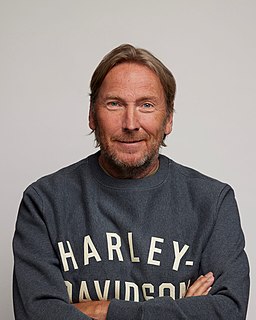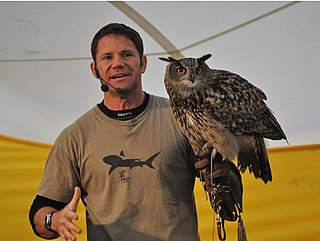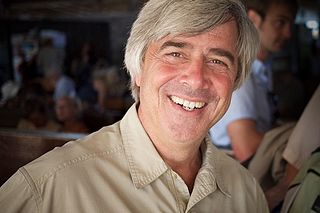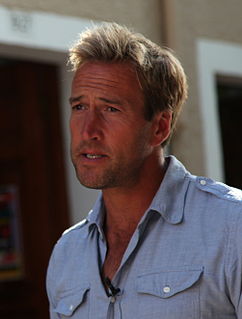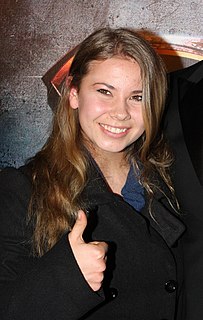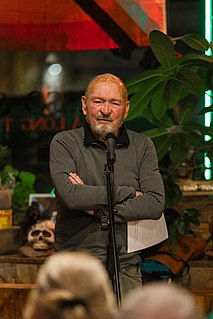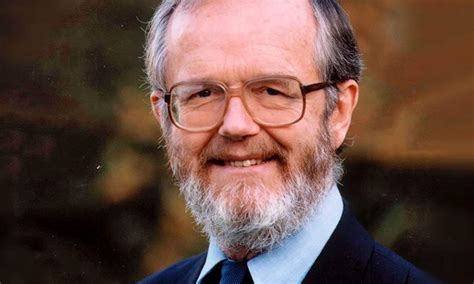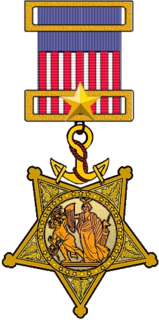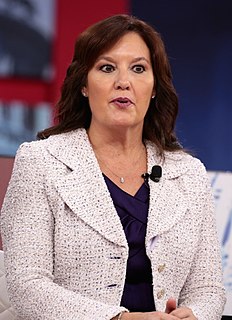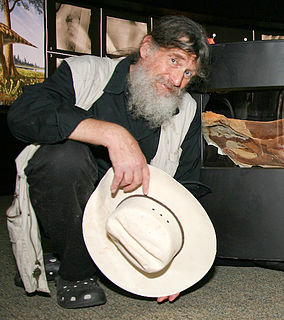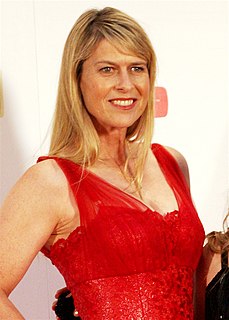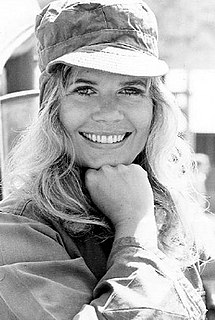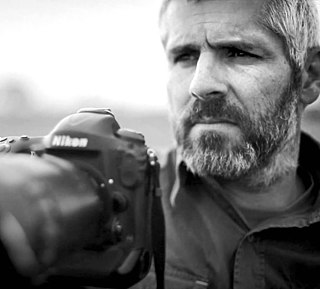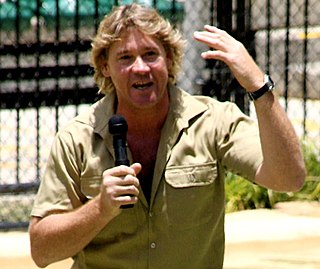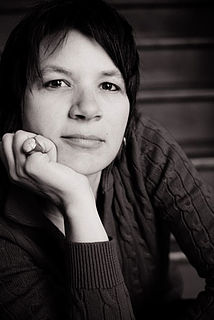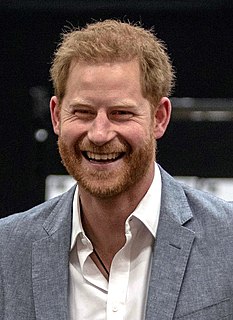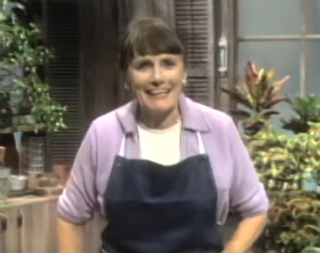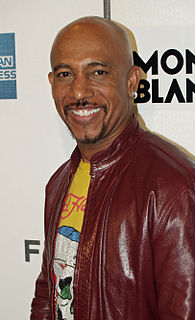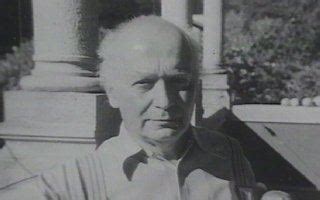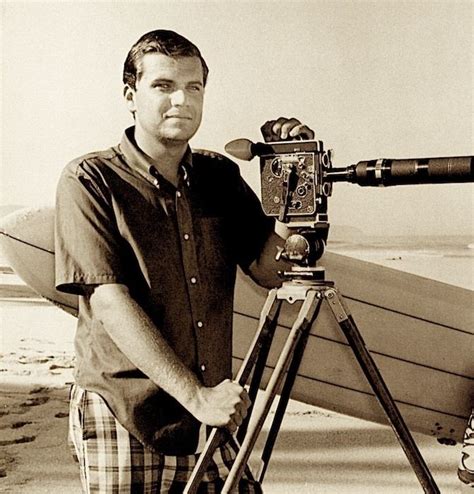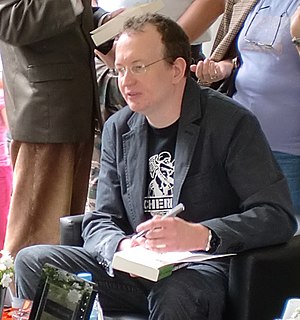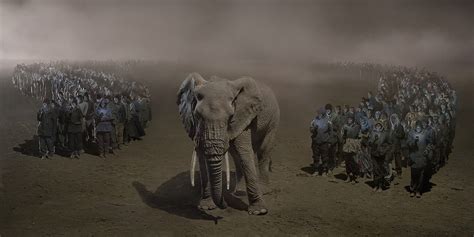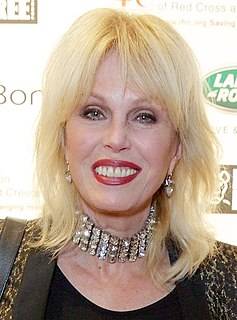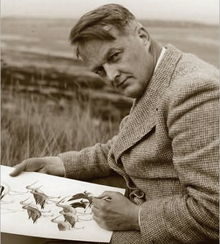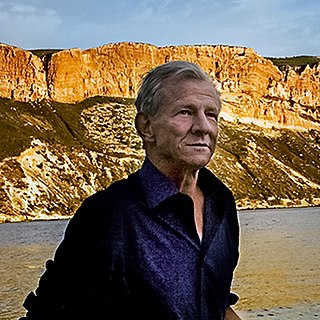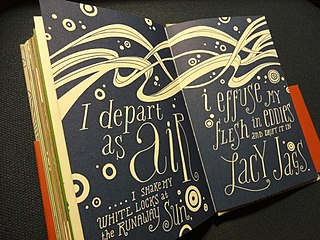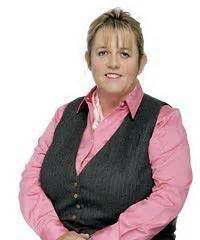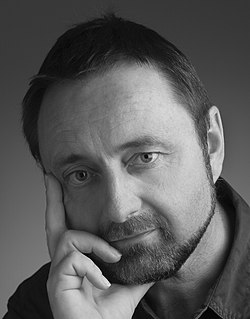Top 1200 Wildlife Animals Quotes & Sayings
Explore popular Wildlife Animals quotes.
Last updated on April 19, 2025.
In most of the world, we have only small remnants of the wildlife that once existed. Africa has the most astonishing wildlife still. Now Africa is modernizing. In the next twenty years, Africa is modernizing economically, and one of two things is going to happen. Either Africa will be just like the rest of the world and it's say goodbye to wildlife. Or, we can learn from the mistakes made in the rest of the world.
Many locals in east Africa are calling for fences to separate wildlife and people. They argue it will reduce conflict and also make it easier to protect the wildlife from poachers. From my experience in Tanzania, no fence and no militia will hold back the tide of poachers drawn by the huge sums of money at stake.
I grew up in a home where animals were ever-present and often dominated our lives. There were always horses, dogs, and cats, as well as a revolving infirmary of injured wildlife being nursed by my sister the aspiring vet. Without any conscious intention on my part, animals come to play a significant role in my fiction: in Three Junes, a parrot and a pack of collies; in The Whole World Over, a bulldog named The Bruce. To dog lovers, by the way, I recommend My Dog Tulip by J. R. Ackerley -- by far the best 'animal book' I've ever read.
I don't eat animals. I rescue strays and take injured pigeons to the wildlife rehab. I carry spiders and wasps outside in a cup covered with a 3x5 card. It would only follow that I'd take pause when contemplating the abrupt and apparently brutal ending of a tiny human being's life, or even a potential human being's life.
Remember that even just watching animals has an impact. Intrusion into their living space can expose them to predation, keep them from feeding or other essential activities, or cause them to leave their young exposed to predation or the elements. No photo or viewing opportunity is worth harassing or stressing wildlife. In appreciating and watching them, we have a responsibility to protect and preserve the animals that share our state.
Seafood is simply a socially acceptable form of bush meat. We condemn Africans for hunting monkeys and mammalian and bird species from the jungle yet the developed world thinks nothing of hauling in magnificent wild creatures like swordfish, tuna, halibut, shark, and salmon for our meals. The fact is that the global slaughter of marine wildlife is simply the largest massacre of wildlife on the planet.
I have always found thick woods a little intimidating, for they are so secret and enclosed. You may seem alone but you are not, for there are always eyes watching you. All the wildlife of the woods, the insects, birds, and animals, are well aware of your presence no matter how softly you may tread, and they follow your every move although you cannot see them.
Many things that human words have upset are set at rest again by the
silence of animals. Animals move through the world like a caravan of
silence. A whole world, that of nature and that of animals, is filled
with silence. Nature and animals seem like protuberances of silence.
The silence of animals and the silence of nature would not be so great
and noble if it were merely a failure of language to materialize.
Silence has been entrusted to the animals and to nature as something
created for its own sake.
That's the trouble with the world we live in. It's full of people just doing their job and ignoring what's really going on. Care about the rainforest until they get a couple of kids and enough money for a gas guzzling car, or some hardwood dining furniture. Watch all those wildlife programmes and coo over the furry animals, but still eat meat and poultry that was raised in conditions of unbelievable cruelty.
Natural species are the library from which genetic engineers can work. Genetic engineers don't make new genes, they rearrange existing ones. Speaking as World Wildlife Fund Executive Vice President, stating the need to conserve biodiversity, even plants and animals having no immediate use, as a unique repository of genes for possible future biogengineering applications.
Few photographers have ever considered the photography of wild animals, as distinctly opposed to the genre of Wildlife Photography, as an art form. The emphasis has generally been on capturing the drama of wild animals IN ACTION, on capturing that dramatic single moment, as opposed to simply animals in the state of being.
It has been well said that the food one consumes determines one's thoughts. By eating the flesh of various animals, the qualities of these animals are imbibed. How sinful is it to feed on animals, which are sustained by the same five elements as human beings! This leads to demonic tendencies, besides committing the sin of inflicting cruelty on animals.
When children see animals in a circus, they learn that animals exist for our amusement. Quite apart from the cruelty involved in training and confining these animals, the whole idea that we should enjoy the humiliating spectacle of an elephant or lion made to perform circus tricks shows a lack of respect for the animals as individuals.
The love I have for our wildlife is so great, it fills my world. After Black Saturday I saw a world that was black and white, void of animals and humans. What I missed most was the love and life of living with the wildlife. Each day I think of the ones gone and there is a deep hole in my heart. I did not miss the humans or the sounds they make, I missed the animals the sounds of peace and love that came from them. Such beauty and harmony with nature, only animals can be that smart.


